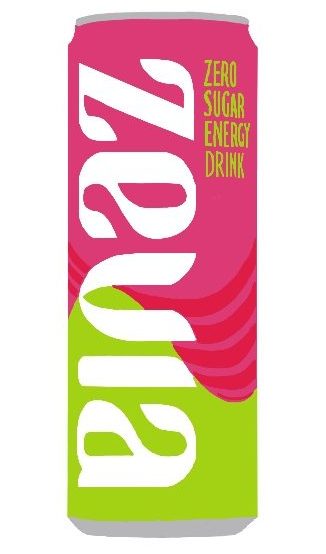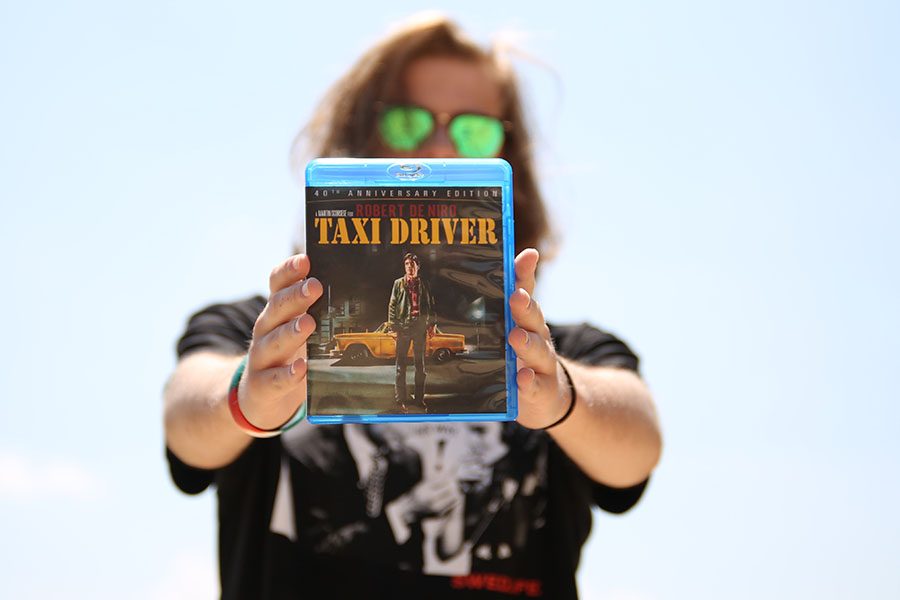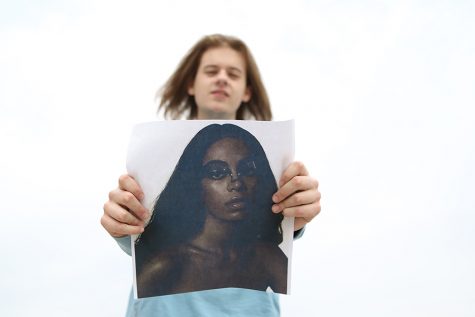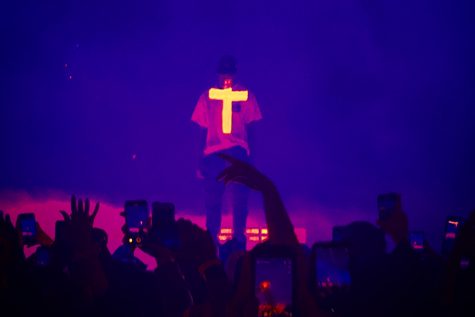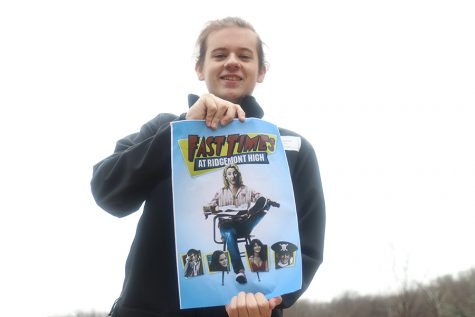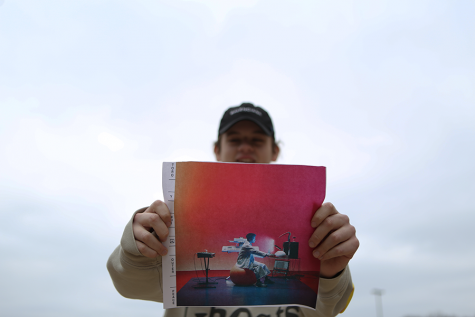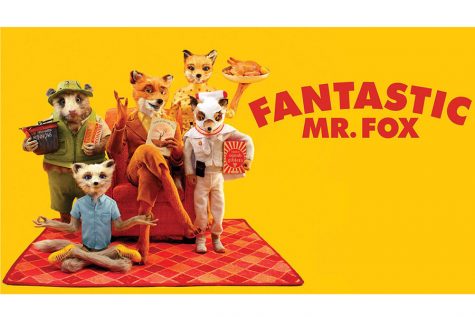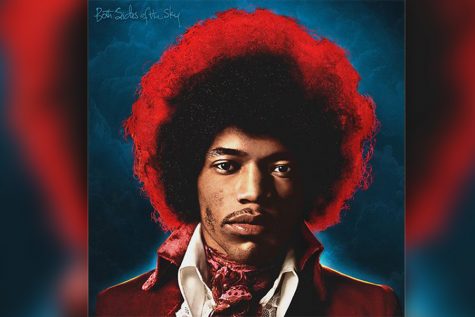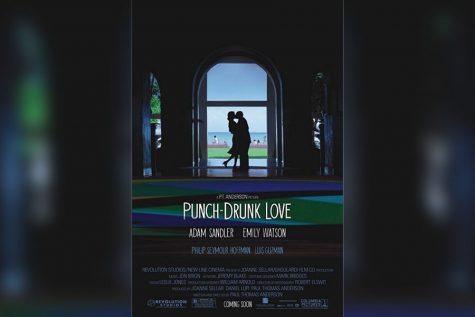Opinion | Bona Fide | “Taxi Driver”
A review of Martin Scorsese’s “Taxi Driver”
Martin Scorsese released “Taxi Driver,” 1976.
WARNING: “Taxi Driver” is rated R by the MPAA for some graphic bloody violence, strong language and some sexual material.
Mentally-unstable veteran Travis Bickle (Robert De Niro) battles his insomnia as a nighttime taxi driver in New York City. His thoughts of violence and heroism clash in “Taxi Driver” (1977) that gave Martin Scorsese his first of many Best Picture nominations.
Bickle is an odd fellow. He doesn’t fit into the puzzle that is society as he is an outsider searching for something greater.
To put it simply, “Taxi Driver” is surreal. It seems as if the audience is thrown into the mind of Bickle without leaving his messed up headspace.
It is the surrealistic-offbeat feel and tone that makes “Taxi Driver” a classic and in my top three favorite films of all time.
The film is an undefined story up for interpretation: a perfect piece of innovative cinema.
The aesthetically-analytical cinematography by Michael Chapman captures the realistic nightmare-like mood of “Taxi Driver” through revolutionary scenes and filming techniques (such as the famous “Are you talking to me?” scene and the finale) that contributed to the creation of art-house cinema.
The score by legendary Bernard Herrmann (“Psycho,” “Citizen Kane,” “The Twilight Zone”) encompasses the atmosphere of the film through simplicity and thematic jazz riffs.
The music is an underlying tone that contributes to every element within “Taxi Driver.”
But what really astounds me the most about “Taxi Driver” is the taxi driver himself.
There is no De Niro in “Taxi Driver” only Bickle. The tormented-societal outcast is portrayed perfectly. As an example, his infatuation with Betsy (Cybill Shepherd), a presidential campaign worker, leads him to take her to an adult film believing that such an action is “normal.”
“Taxi Driver” is best performance of De Niro’s ongoing career. Bickle is a skewed soul searching for righteousness through NYC.
Betsy describes Bickle best:
Betsy: “You know what you remind me of?”
Bickle: “What?”
Betsy: “That song by Kris Kristofferson.”
Bickle: “Who’s that?”
Betsy: A songwriter. ‘He’s a prophet… he’s a prophet and a pusher, partly truth, partly fiction. A walking contradiction.’”
Bickle: “[uneasily] You sayin’ that about me?”
Betsy: “Who else would I be talkin’ about?”
Bickle: “I’m no pusher. I never have pushed.”
Betsy: “No, no. Just the part about the contradictions. You are that.”
For its creativity and black sheep-like uniqueness, “Taxi Driver” is nothing ever seen before on film and will not be outdone by any films to come in the future.
From De Niro’s career-defining performance to the psychedelic weirdness of everything “Taxi Driver” represents, Scorsese produced a masterpiece that will forever be ahead of its time as it is the definition of timeless.
Check out “Taxi Driver” on Decider to find the perfect streaming service.
Your donation will support the student journalists of Eureka High School - MO. Your contribution will allow us to purchase equipment and cover our annual website hosting costs.

This is Margherita's fifth semester on staff where he serves as an opinions writer for the EHS_hub. Marghertia enjoys discovering new music, traveling...

This is Ethan's seventh semester on the News Production staff. In his free time, he enjoys taking photos, going to concerts and hanging out with his friends....



